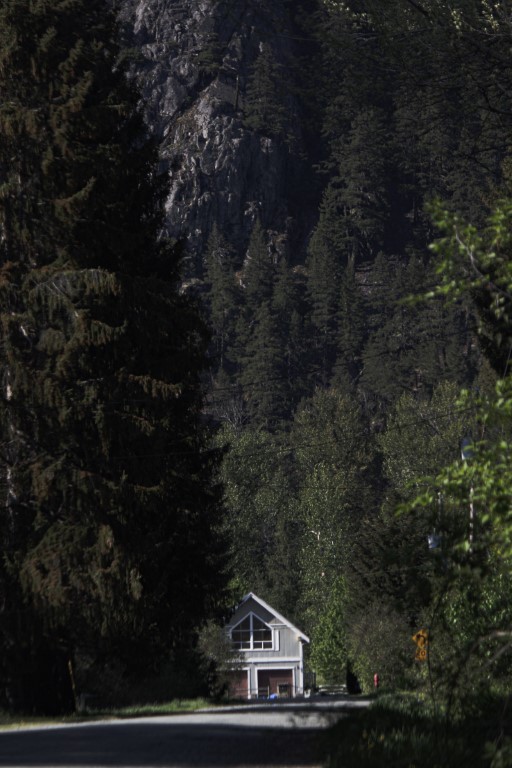
What are they and who celebrates them?
By Cazzy Lewchuk, Staff Writer
December is “the holiday season.” In a diverse and multicultural society, these celebrations take on many different forms. Celebrations at the beginning of winter have taken place worldwide for thousands of years, but it’s not all Christmas on December 25. Here’s a look at the other observances that take place this season.
It’s important to remember that different cultures have historically tracked time over centuries through different calendars, leading to confusion and changes over exactly when such holidays take place. We may never know the exact chronological date these commemorative events occurred. The selected Gregorian calendar date is just a generally agreed upon approximation.
Bodhi Day (December 8): Many Buddhists believe this was the day Siddhartha Gautauma, the historical Buddha, achieved enlightenment and eliminated suffering after meditation under a tree. Many sects of Buddhism today commemorate through meditation, sacred text study, and/or a traditional meal of cake and tea.
Mawlid an-Nabi (December 23/28, 2015): Muslims observe this day as the birthday of Muhammad, the founder of Islam and its greatest prophet. Due to a rotating Islamic lunar calendar, the date changes each year—in addition, Sunni and Shia denominations celebrate the occurrence five days apart. An extremely popular holiday in Islamic areas, many countries celebrate Mawlid an-Nabi with recollections of the life of Muhammad, as well as presentations, festivals, and food and charity distribution.
Hanukkah (December 6–14, 2015): An eight-day Jewish holiday, Hanukkah’s exact dates vary each year in accordance with the Hebrew Calendar. Also known as Chanukah, it celebrates the victory of a small group of Jews in the 2nd Century B.C.E. against an invading Syrian-Greek army. Reclaiming their Holy Temple, the group was miraculously able to use a one-day supply of oil to light a traditional menorah (candle) for eight days. This is frequently celebrated today through a specially-designed menorah. Jews give reflection and thanks to G-d (in reference to the sanctification of the holy name) during this time. They also eat traditional Jewish food, spin dreidel tops, and exchange gifts.
Kwanzaa (December 26–January 1): Created by Africana studies professor Maulana Karenga in 1965 as a holiday specific to African-Americans. A week long occurrence, Kwanzaa focuses on the study of a different principle each day. Designed in a secular context and meant to focus on culture reflection, Kwanzaa is celebrated by millions of people worldwide, often in conjunction with other holidays.
Though this is only a small spattering of winter holidays, as Canadians we get the chance to see and experience many various cultures and traditions. This makes this time of year perfect for exploring how other people celebrate.

